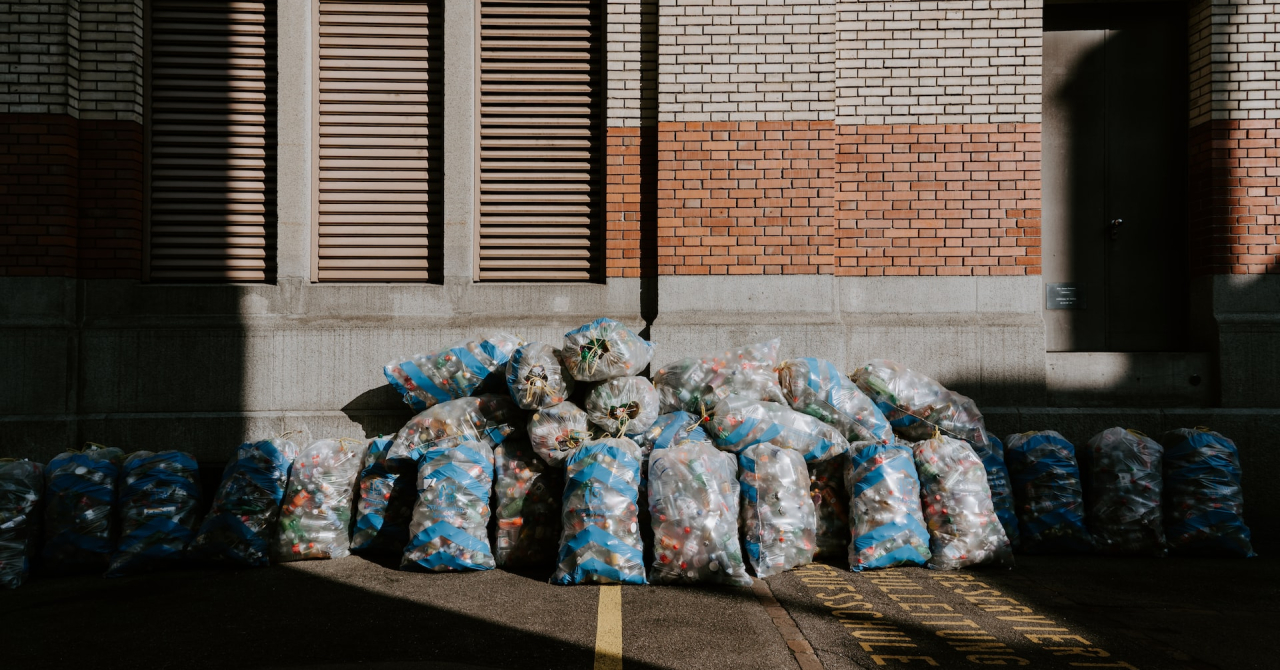According to Euronews.green, the dumped materials are too dirty or damaged to be used further in the industry, but disposing of them in these areas creates a lot of problems for the communities.
Investigators warn that the habit of disposing of junk clothing items to poor nations has belongs to companies and it is a consequence of "systemic overproduction", which should be considered illegal.
Some places collected so much waste that it piled up to as high as a four-storey building, which spilled into rivers afterwards.
While the export of plastic waste from the EU is restricted and will soon be banned, investigators showed that one in three pieces of clothing that were shipped to Kenya contained such poor-quality plastic that it needed to be disposed of.
The amount of such materials has increased significantly in recent years, experts said.
Betterman Simidi Musasia, founder and patron of Clean Up Kenya, which advocates for sustainable public sanitation, said that "countries like Kenya are fast fashion’s escape valve. Traders buy bundled clothing blind and understandably dump the growing percentage that turns out to be useless."
Experts also warn that recycling companies that are part of Fashion for Good and Textiles 2030 also trade a lot of junk clothing.
Research done at UN Comtrade Database shows that, between 2019 and 2020, the EU and the UK exported more than five million tons of used textiles and Germany alone sent 179.000 tons of these to the Netherlands for sorting and evaluation.
Researchers claim that Germany, Poland, the UK and Hungary are among the countries that accounted for 95% of the total exports that reached Kenya in 2021.
"The solution is not to shut down the used clothing trade, but to reform it. We can’t recycle our way out of this problem", said CMF's campaign manager, George Harding-Rolls.
 Mihai - Cristian Ioniță
Mihai - Cristian Ioniță












Any thoughts?